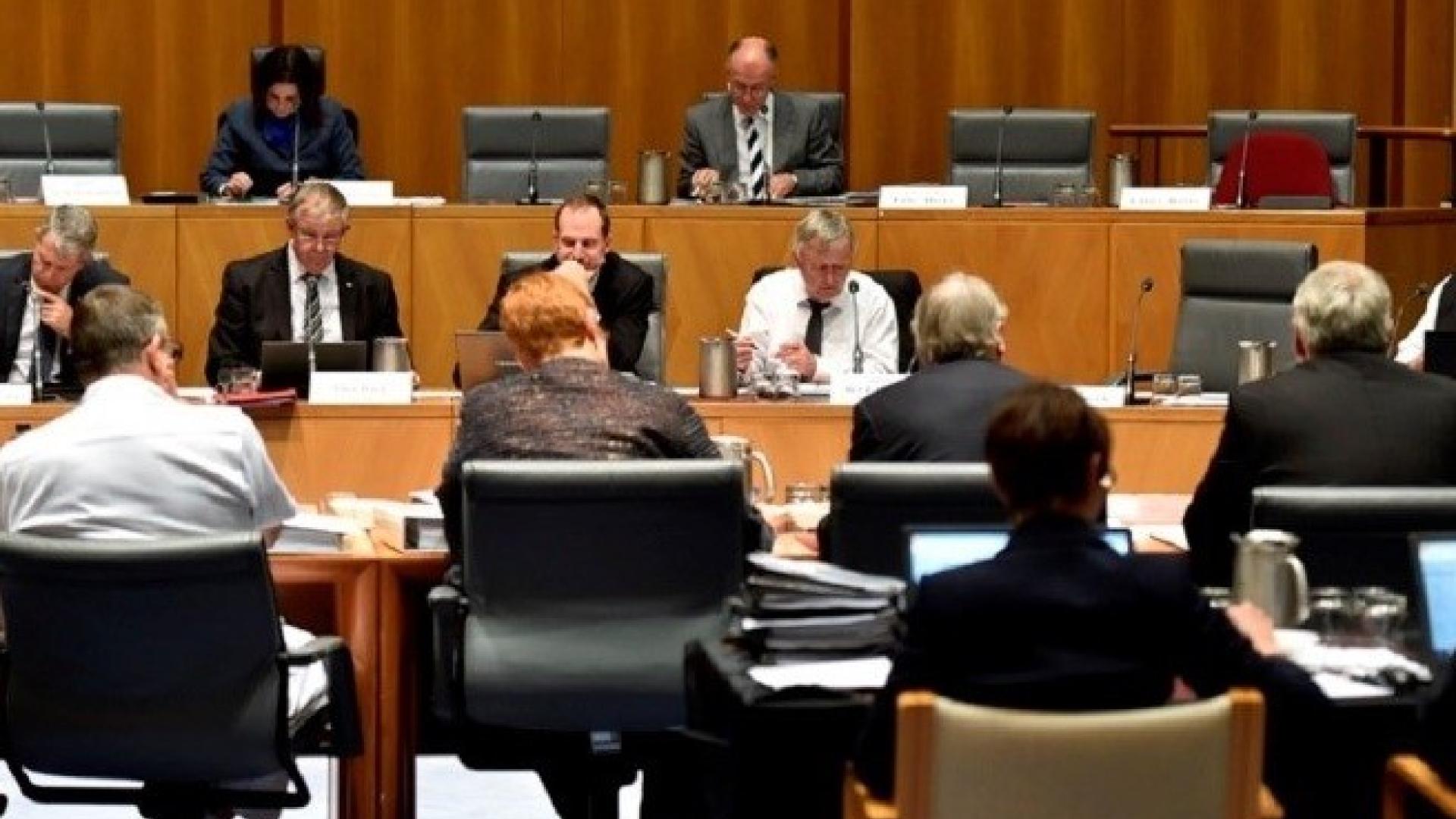The APS Data Profession has released its ‘Introduction to data in government’ eLearn modules which are now available on APSLearn and the APS Learning Bank.
Government
Latest news

Published
The Department of the Prime Minister and Cabinet provide a short overview of the structure of accountability under Australia’s system of government.

Published
Empathy is a useful resource in frontline interactions. Should we encourage a more systematic practice of empathy by non-frontline public servants?
Upcoming events

This course is delivered from 23/02/2026 to 24/02/2026, by face-to-screen consisting of two 3-hour sessions.

This course is delivered from 10/03/2026 to 11/03/2026, by face-to-screen consisting of two 3-hour sessions.

This course is delivered from 25/03/2026 to 26/03/2026, by face-to-screen consisting of two 3-hour sessions.

This course is delivered on 23/04/2026, by face-to-face consisting of one 8-hour session.

This course is delivered from 05/05/2026 to 06/05/2026, by face-to-screen consisting of two 3-hour sessions.

This course is delivered on 11/06/2026, by face-to-face consisting of one 8-hour session.
Courses

This course will help build your foundational knowledge about important aspects of Australia’s system of government, structures, and frameworks that relate to your work in the APS.

Gain practical and usable knowledge on cabinet submissions and the Cabinet process, leveraging the knowledge of Prime Minister and Cabinet’s Cabinet Division.

This course covers the role of the secretariat when working in government, teams and stakeholder groups. Examine protocols and learn to coordinate and prepare meeting agendas and other documents.

This course is designed to help improve partnerships with ministers by uplifting the capability of APS staff to engage with ministers and their advisors.
Resources
Tools, guidance and resources to support staff in understanding, valuing and practicing good record keeping - ensuring continued delivery of trusted and transparent services.
The Budget Papers support the Budget-related decisions of government, providing the fiscal outlook for the Australian economy and highlighting major new initiatives of the government.
Interact, communicate and collaborate through digital technologies while being aware of cultural and generational diversity.
This event delved into how AI technologies can be leveraged to enhance of government operations, improve service delivery, and foster innovation in policy formation.
Australia has the opportunity to make best use of our waste resources by recycling them to create new products. The Department of Climate Change, Energy, the Environment and Water have created a Sustainable Procurement Guide to assist in this decision making.
Administrative Arrangements Orders (AAOs) formally allocate executive responsibility among ministers. They set out which matters and legislation are administered by which department or portfolio.
Identify needs and problems, and resolve conceptual problems and problem situations in digital environments.
Protect devices, content, personal data and privacy in digital environments.
Articulate information needs, to locate and retrieve digital data, information and content.
This video is recorded from the November APS Academy's Craft Conversations event for Working in Government Craft month in October 2021.
Embed digital by default by promoting and championing digital ways of working.
Learn more about GovAI and the AI tools available to the APS.
This fact sheet from the Parliamentary Education Office explains the law-making process in the Australian Parliament. It describes where ideas for laws come from and law-making history.
The budget process is the decision-making process for allocating public resources to the Government’s policy priorities.
For designers of digital services, the Australian Government Digital Service Standard sets out the best-practice principles that are simple, clear and fast.
The Commonwealth resource management framework governs how officials in the Commonwealth public sector use and manage public resources.
The Australian Government Directory is a guide to the structures, organisations and key people in the Australian Government.
The Federal Register of Legislation (the Register) is the authorised whole-of-government website for Commonwealth legislation and related documents.
This fact sheet from the Parliament of Australia explains the Constitution, which is the foundation that establishes the rules for how Australia is governed.
The Parliamentary Education Office (PEO) website has everything you need to know about the role, function, structure and people of the Australian Parliament.
The Parliament of Australia website publishes extensive information on Parliamentary business, members, bills, committees and more. You can also live stream proceedings.
Multiple different Impact Analysis processes are now required during new policy development. Five key Agencies have combined to share key resources you need to know when developing any new policy
Our ability to respond to changing demands, and leverage the opportunities available to us, is underpinned by performance management practices that translate societal and Government expectations into individualised performance expectations for APS employees.
The Australian Policy Cycle designed by James Gulliver Hancock provides an easy to follow visual of the key milestones required for best practice government decision making.
Find guidance papers and a directory of links to essential public administration resources to support the partnership between the APS and Ministerial offices.
Information and resources from the Australian Public Service Commission covering Integrity in the APS.
This is the website and final report for the independent review panel of the the Australian Public Service (APS) led by David Thodey AO.
The Office of Parliamentary Council provides training and advice relating to drafting and legislative processes.
Lisa Lahey (2017) explores how leaders can transcend habitual patterns, and considers how to navigate change and complexity.
The ILS provides capability development guidance for individuals and agencies in the form of descriptions and behaviours for all levels in the Australian Public Service.
This guidance sets out the threshold of gifts and benefits which agency heads must declare publicly and sets out best practice on how this information should be published.
This change occurs when the Government decides to change the way Commonwealth responsibilities are managed. The Australian Public Service Commission provides an outline of the MoG process.
Delivering for Australians outlines the Government’s reform agenda in response to the independent review of the APS.
An ANZSOG supported study examines the proposition that managers who exercise political astuteness are more effective. For public managers, formal and informal politics is an integral part of their environment.




